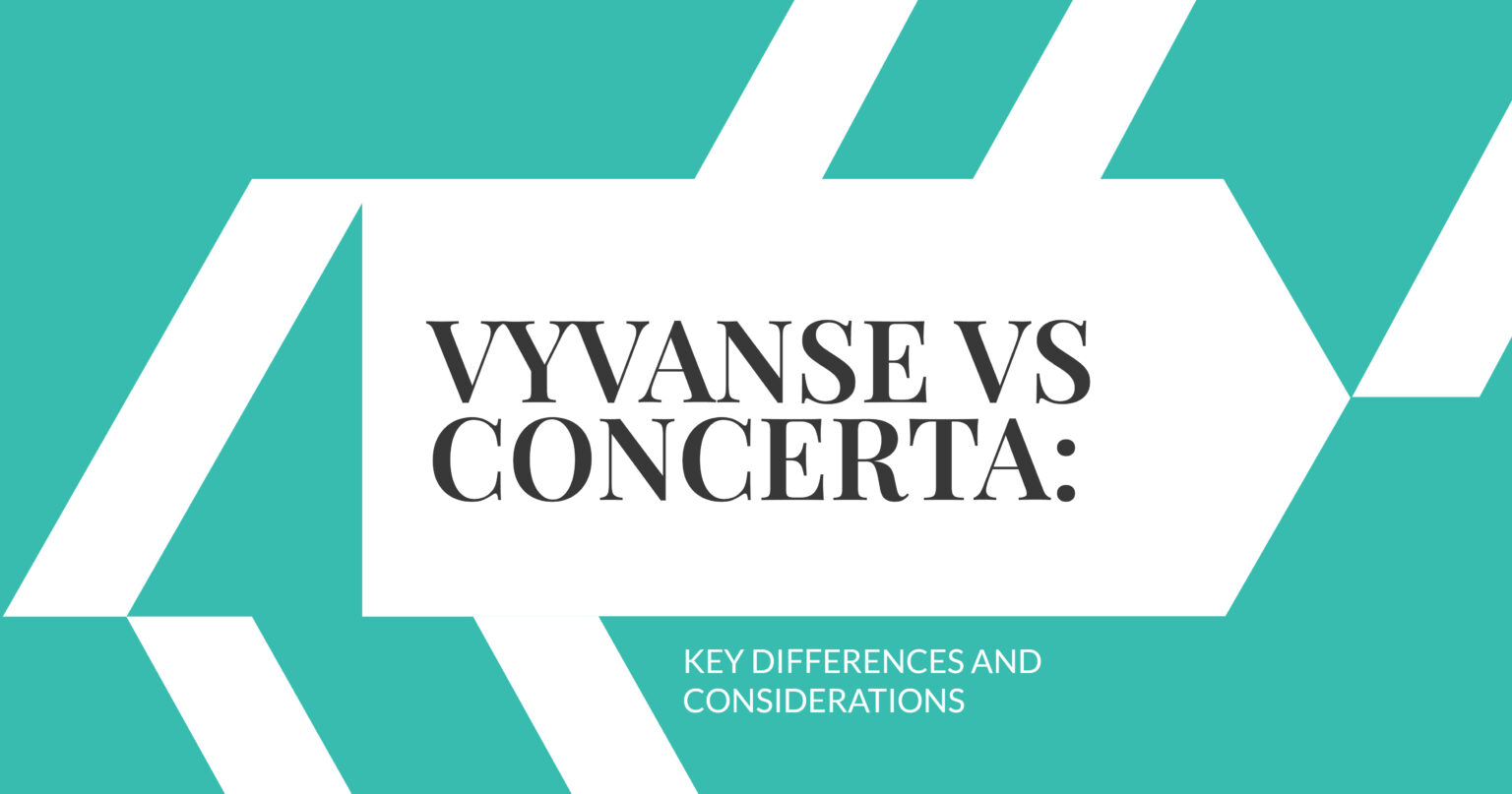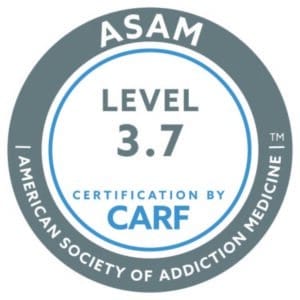There are many theories on “what” addiction is and where it truly stems from. But probably one of the most commonly-studied influences in today’s mental health sphere is the relationship between addiction and trauma treatment.
Whether it be a suppressed childhood trauma, PTSD from an accident, or mild to severe abuse between adults, traumatic experiences can take a negative toll on anyone. Sometimes even to the point of being unaware of how it leads one to face self-sabotage or even substance abuse.
The Effects of Emotional Abuse and Trauma on Addiction
Why do so many people turn to drugs or alcohol after experiencing some type of abuse or trauma? To start to understand the answers, first, we need to look at what abuse and trauma cause within the mind and body.
The definition of trauma according to SAMHSA says:
“Individual trauma results from an event, series of events, or set of circumstances experienced by an individual as physically or emotionally harmful or life threatening with lasting adverse effects on the individual’s functioning and mental, physical, social, emotional, or spiritual well-being.”
Many traumatic experiences can negatively impact brain circuits and impulse stress regulation in the brain. This means a person who grew up with abuse– or any person who goes through significant trauma at any age– can develop problems managing their emotions.
An increase in anxiety and depression, plus a higher focus on the “fight or flight” signals in the brain can become regular struggles. Sadly these things can occur without the traumatized person even realizing what’s happening. Because of this, many people turn to outside coping mechanisms in an attempt to help soothe the pain. Two of the most common coping methods include drugs and alcohol.
Why People Turn to Drugs and Alcohol After Trauma
Many drugs cause dramatic changes in brain chemistry. For example, alcohol is a depressant which means it slows down the basic functions of the Central Nervous System. Anyone who consumes enough alcohol finds that it impairs their senses, perceptions, physical reactions, and emotions.
For someone dealing with the lasting effects of trauma or abuse, alcohol tunes out or turns down the dial of any difficult emotions. Drinking to the point of blacking out quite literally allows a person to “tune out” of reality so they don’t have to confront trauma or abuse which brings pain and discomfort to their daily lives.
Other types of drugs offer different reactions, but for the most part, drug and alcohol consumption all come down to the same intention: to distract, escape, or emotionally turn off from personal pain from trauma or abuse. In some cases, like when a person has panic attacks, insomnia, and a slew of other symptoms occurring at once, substance use helps him or her fall asleep.
People who use substances to “relieve” negative emotions can soon grow dependent on them. This is because:
- The individual finds it hard to cope in real life without feeling impaired or “numb”
- Their tolerance to the substance(s) grows higher and therefore they need more of the drug to feel okay
- Using substances as a “cruth” to ignore anxiety, depression, or painful memories increases to the point where a person needs to use them in order to function without panicking.
Common Substances Dealing with Addiction and Trauma Treatment
Technically, people can use any substance to help them avoid fully coping with trauma, emotional abuse, physical abuse, sexual abuse, or verbal abuse. Some of the most common we see are:
- Alcohol
- Cannabis
- Opioids, like heroin
- Prescription drugs or pain pills
- Stimulants, like cocaine
- Illicit drugs, like meth
- Psychedelics or party drugs
A study from the US National Library of Medicine shows: “Emotional abuse in men significantly correlates to current heroin exposure, whereas in women it is linked to heavier lifetime cocaine use.”
Usually, trauma comes before addiction develops. But in some cases, the act of partaking in continual drug use can result in becoming part of a traumatic situation. Either way, the two often remain connected.
What Defines Trauma?
Trauma can be anything that occurs in a person’s life where they experience intense emotional, physical, or mental wounding. In fact, the word “trauma” is actually the Greek word for “wound”.
The Merriam-Webster dictionary defines trauma as a disordered psychic or behavioral state resulting from severe mental or emotional stress or physical injury.
Trauma overrides one’s ability to escape or cope with a harmful situation. An example of this is when a child gets violated in some way but is too young to understand fully how to process the experience. Nor do they know how to get help or find safety to get out of it. The longer this child is abused, the more damage will likely be done to their mental state. Sadly, this can lead to lifelong personal and mental issues they carry throughout the rest of their lives.
Other types of trauma include (but are not limited to):
- Extreme neglect
- Physical abuse
- Sexual abuse or rape
- Emotional abuse
- Extreme physical injury
- Motorized accidents
- Combat or war
- Living in an unsafe environment
- Psychological abuse
- Witnessing a heinous crime
- Kidnapping
- Constant bullying
- Racism
- Being a victim of ongoing harassment or stalking
- Religious Trauma Syndrome
- Surviving a natural disaster
- Terrorism
- Brainwashing or severe manipulation
As you can see, there are countless types of trauma. Some psychologists claim most if not all, people experience some type of traumatic event in their life, whether mild or extreme. The main result of abuse or trauma is it leads to a sense of hopelessness, disempowerment, or lack of connection to the self and others.
How Abuse, Trauma, and Addiction Correlate
- 27% of veterans who suffer from PTSD also have a substance use disorder.
- 52% of men with PTSD abuse alcohol, as do 27% of women.
- Drug addiction is present on average in 30% of men and women with PTSD.
- Nearly 75% of all people who have had some type of trauma claim they struggled with alcoholism.
Trauma is defined as any deeply distressing or disturbing event one experiences or witnesses. Trauma often leads to unresolved feelings such as shame, dread, fear, and anxiety. When flooded with these types of emotions– if not given the right tools or comfort immediately– a person learns unhealthy coping techniques to handle the stress and discomfort.
Addictions are one of the most damaging and common coping mechanisms used to deal with trauma and stress.
Someone seeking comfort can temporarily find s sense of relief through the following addictions:
- Drinking alcohol
- Unhealthy sexual behavior
- Gambling
- Drug abuse
- Compulsive shopping
- Compulsive eating
- Self-harm
- Etc.
Traumatizing experience can alter how the brain functions. Furthermore, addiction can affect the brain’s neurochemistry. As a method to “block” reliving painful past wounds, an addiction can develop tolerance in an individual to expect their vice of choice to act as a biological function. Feeling a need for a specific substance or actions to feel good is what the mind is used to, so without that, it will cause the user to feel sick and uncomfortable.
A traumatized person will feel cravings on two levels. Their bodies will crave an addictive behavior because that is what they’ve grown used to, and they will also experience an insatiable yearning for their addiction to bring them a sense of inner freedom and comfort. They use their habits to distract from those feelings of shame, dread, fear, and anxiety that were brought on by trauma.
Trauma and Addiction: Influence on the Brain
Trauma has been shown to impact brain processes in a variety of ways, in addition to the detrimental consequences, it may have on your body, heart, and soul. If the trauma causes any or all of these changes in brain function, you’re more likely to become addicted to substances or behaviors that help you disregard the malfunctions instead of finding a way to fix them. Ignoring substance abuse or addiction may lead you to seek help at local centers such as Huntington Beach drug rehab facilities. If addiction escalates, you may require services like those available at detox centers in Orange County.
Memory Processing
Trauma can slow down your ability to normally place memories in the correct categories. Instead of storing old memories in one section and more current recollections in another, trauma and addiction can skew the process.
Risk Assessment
Normally functioning brains have different levels of the “flee or fight” instincts as well as the intuition that prevent you from walking alone down dark alleys or disarming criminals. Trauma can cause brain dysfunction that makes you paranoid as well as brings on panic attacks, instill feelings of groundless fear, and elevate vulnerability.
Behavior Control
When your brain is healthy and functioning normally, you are inclined to make sound decisions. Trauma frequently scrambles those instincts and inhibits cognitive processing, impairs logical thought development, and makes you unable to control your behavior, including the abuse of substances or self-destructive acts like anorexia and physical self-harming.
If you or a loved one needs help with Drug and Alcohol Abuse Treatment, call Opus Health at 855-953-1345










